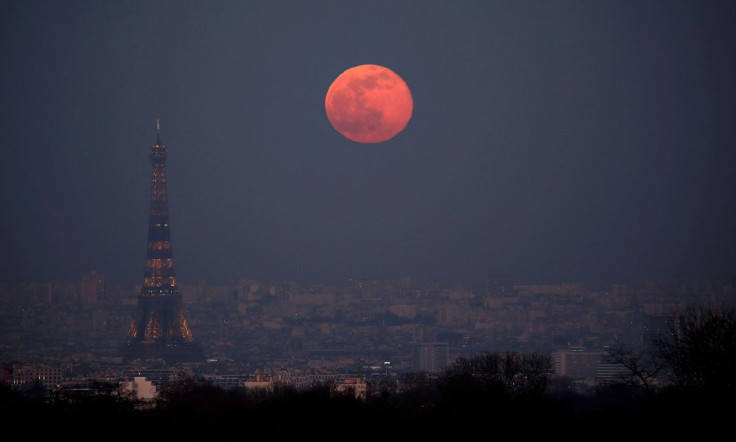Eiffel Tower In Urgent Need Of Repairs Ahead Of Olympics

One of the world’s most iconic tourist attractions is silently crying out for help as centuries of wear and tear weigh on it. Now, as the monument is preparing to serve as a centerpiece ahead of the Olympics, builders and officials worry the needed repairs may come too late.
The Eiffel Tower has effectively served as France's most important landmark since it was unveiled during the World Fair in 1889. Gustave Eiffel, the tower’s namesake designer, captured the notion of his design acting as an embodiment of the French nation when he reportedly told an attendee, “The French flag is the only one with a 300-meter pole.”
But the Eiffel Tower is in trouble ahead of Paris hosting the 2024 Summer Olympics.
According to a report by the French magazine Marianne, the Eiffel Tower has been suffering from severe rusting and other forms of structural erosion for years. These factors are known to officials, who the magazine noted had commissioned several reports on the tower’s integrity between 2010 and 2016.
In one report from 2014, a firm commissioned to examine the structure found that the tower had cracks and rusting and only 10% of the newer paint was sticking to the structure. The report’s author later noted that he considered the state of the Eiffel Tower “extremely urgent” because of the amount of corrosion uncovered.
Two years later, another report found that 884 of the 18,000 pieces were deemed faulty, including 68 that could pose a risk to the Eiffel Tower’s durability.
However, repairs have been hobbled by a litany of difficulties. For the last two years, the COVID-19 pandemic had forced delays to repairs and repainting of the Eiffel Tower. The presence of lead from older paint has slowed down efforts to refurbish the tower.
Cost is another prohibitive factor. According to the reports, the delays created by COVID-19 have meant that only 5% of the tower can be repaired instead of the 30% that was originally expected as part of a nearly $60 million plan. At the same time, Paris officials are reluctant to close the Eiffel Tower for any prolonged period of time for fear that it will cut into the tourism revenues it generates annually.
With Paris scheduled to host the Olympics in less than two years, there are concerns about whether anything can be done to aid the city’s chief emblem. Though it is unlikely the Eiffel Tower is in immediate danger of collapse, the urgency of ensuring its survival has become only more apparent.
“She is not likely to fall tomorrow morning, but it is true that she is not well at all," a source told Marianne magazine. "If Gustave Eiffel visited the place, he would faint.”





















